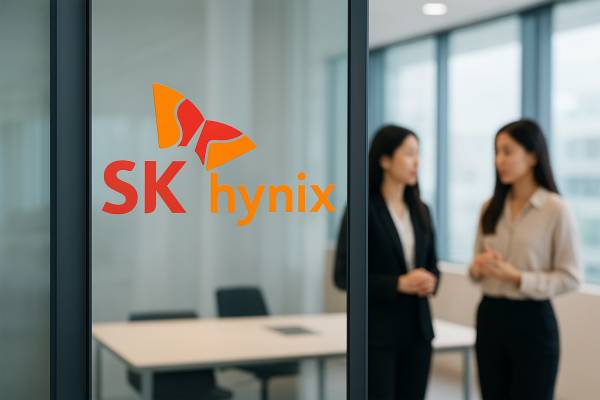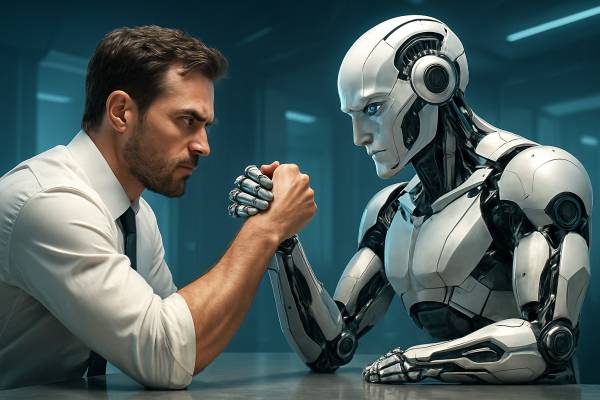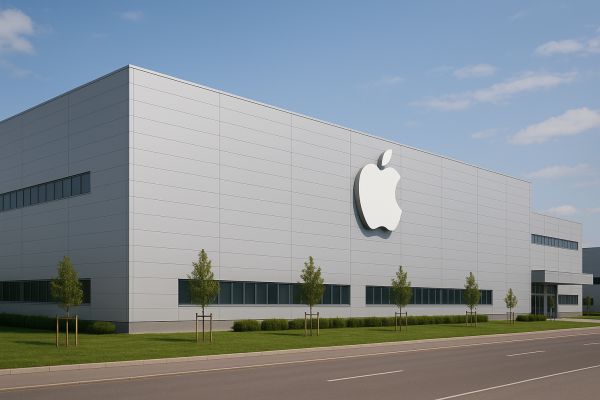Quora recently introduced a new feature called Poe Apps, which lets users create and share custom AI-powered applications on the Poe platform. Quora promises to pay up to $100 per subscriber and up to $10,000 for every thousand messages.
You don’t need to know how to program to create an app. With the new App Creator tool, you can simply describe the app you want to build. In your description, you can specify particular models—for example, OpenAI’s o3-mini or Google’s Veo 2 video generation model—to tell App Creator which models your app should use. If needed, you can also include additional custom logic written in JavaScript.
The App Creator, based on Anthropic’s recently released Claude 3.7 Sonnet model, turns your description into code for the application’s interface, including any JavaScript-based custom logic. The apps you create can run alongside Poe’s chat window or as a separate visual interface, and you can manually modify the underlying code for fine-tuning.

Quora has also developed several sample applications to demonstrate Poe Apps. One example is “Chibify,” which converts photos into a 3D anime style using OpenAI’s GPT-4o and Black Forest Labs’ Flux-Pro-1.1 models. Another example is “MagicErase,” which uses Bria’s Eraser model to remove unwanted objects from images. Currently, Poe Apps can be shared with other Poe users on the web; however, Quora says that support for iOS and Android will be available soon.
Users have a points balance, and when they use an app, its AI cost is deducted from that balance. Of course, adding points to your balance is not free, and this is how Quora monetizes its apps.



















